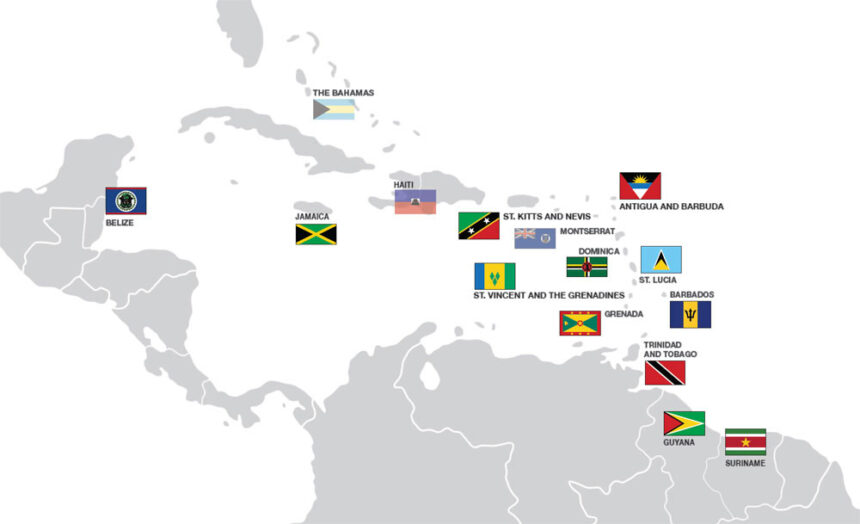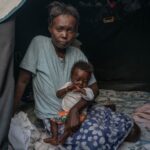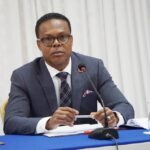Bridgetown, Barbados, CMC – Despite initial hopes following their summit in Guyana earlier this year, Caribbean Community (CARICOM) leaders have encountered obstacles in finalizing arrangements for the free and unrestricted movement of CARICOM nationals by the end of last month.
Sources familiar with the matter revealed to the Caribbean Media Corporation (CMC) on Tuesday that a series of meetings were scheduled leading up to the next summit in Grenada, aimed at addressing outstanding amendments to the treaty.
During the summit in Guyana in February, Barbados Prime Minister Mia Mottley, who holds lead responsibility for the CARICOM Single Market and Economy (CSME), had expressed optimism, stating that progress was on track regarding the free movement of CARICOM nationals.
Originally, the regional leaders were scheduled to convene in mid-March for the anticipated finalization of arrangements facilitating the free and complete movement of CARICOM nationals by the end of that month.
The CSME enables the free movement of goods, skills, labor, and services throughout the region. However, under the current regime for the free movement of skills, individuals seeking employment in member countries are required to obtain a CARICOM Skills Certificate. Exceptions include university graduates, artists, musicians, athletes, media personnel, nurses, teachers, holders of Associate degrees, domestic workers, and artisans, who would need a work permit for the country they intend to enter.
Mottley, speaking at the conclusion of the summit in Georgetown, reiterated the commitment of the Community to fulfill the mandate set forth by regional leaders at the historic 50th anniversary summit in Trinidad and Tobago in July of the previous year, aiming for free and unrestricted movement of CARICOM nationals by March 31, 2024.
She outlined two remaining policy issues that needed resolution before full free movement could be implemented. These issues were referred to Heads of Government for settlement by the intergovernmental task force on free movement.
However, during negotiations, Antigua and Barbuda expressed its intention to maintain the current skills regime to address local labor market demands, citing pragmatism and realism to prevent displacement of the indigenous population, safeguard jobs, and mitigate economic and fiscal challenges.
Furthermore, The Bahamas and Bermuda have indicated their non-participation in the free movement of people across the region.



